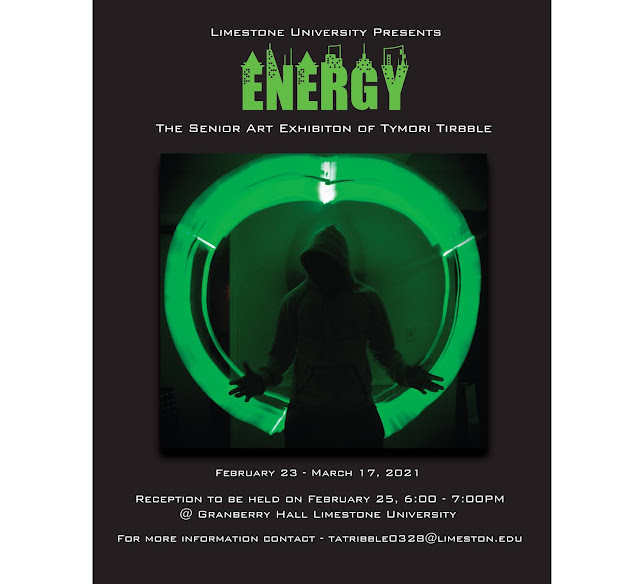How the "fictional future" is the actual present (Updated)
I think it is clear that both can teach viewers how the fictional future is present. The daily mail article is comparable to the film we watched in our final class. In the movie, China introduces a scorecard device that can categorize its citizens primarily based on their behaviors, and it offers them a rating. However, human beings wore contacts that projected an evaluation of different people. From this, they could pick to upvote a person's score or downvote them if their encounter used to be negative. China participates in the identical thing, but the authorities offer out the new experimental statistics ratings. According to the Daily Mail article, Citizens in china can grow their score by buying Chinese goods and contributing to community service." This way of living seems simple, and it is, but residents can decrease their rating if convicted of fraud, tax invasion and if they challenge the views of the government. A new social class emerges, and if humans have a high score, they acquire benefits such as skipping lines at airports or even high-class training for their children. If their rating is low, then they will now not have equal benefits. By a citizen having a low rating, it does not make them a horrible person. However, they will now not have the possibility to get well-paid jobs or, worse, not provide their children with a way to school at all. In the second article, which is from the narrative of a journalist name Liu Hu who talks about social racking in China, we see similar instances from his ride of how the fictional future is present. He mentions that he spent most of his life in China; however, he later left earlier than making the new transition. When he returned, he says, "I was once decided to be a phase of the new cashless China." "So I signed up for Alipay and Zhima Credit a few hours after rising bleary-eyed from the plane." "Because I lacked a transaction history, I right away faced what felt like an embarrassing judgment: a score of 550." His journey is similar to the film and the first article because, in both, they discuss our future and instruct us how residents of china are already participating in a new social racking structure. With that, I feel that china's new scan will be in the united states very soon. When it comes, I hope to adapt and understand how this emergence of technological know-how can benefit the people around me. I say this because I don't desire to give up like the ladies from the film or be constantly aware of my score like Liu Hu. I loved analyzing both articles and observing the movie, and I discovered all three to be inspirational and even bizarre because all of this is still new for me. In closing, I agree that the transition can be very beneficial, but it will change the world in various ways.
Three examples:
Daily Mail Article
- "But China's controversial social credit system – which ranks all of its 1.4 billion citizens on their behavior in real-time – is real, and it's on track to launch by 2020."
From the weird article
-"On my first day in Shanghai, I opened Zhima Credit to scan a yellow bike that I found parked at an angle on the sidewalk." "Because of my middling score, however, I had to pay a $30 deposit before I could scan my first bike. Nor could I get deposit-free hotel stays or GoPro rentals or free umbrella rentals. I belonged to the digital underclass."
From the weird article
-ALIPAY KNOWS THAT at 1 pm on August 26, I rented an Ofo brand bike outside Shanghai’s former French Concession and rode north, parking it across from Jing’an Temple. It knows that at 1:24 pm, I bought a snack in the mall next to the temple.
After reading both articles about what's going on in China and the new experiment in social racking, I


Comments
Post a Comment